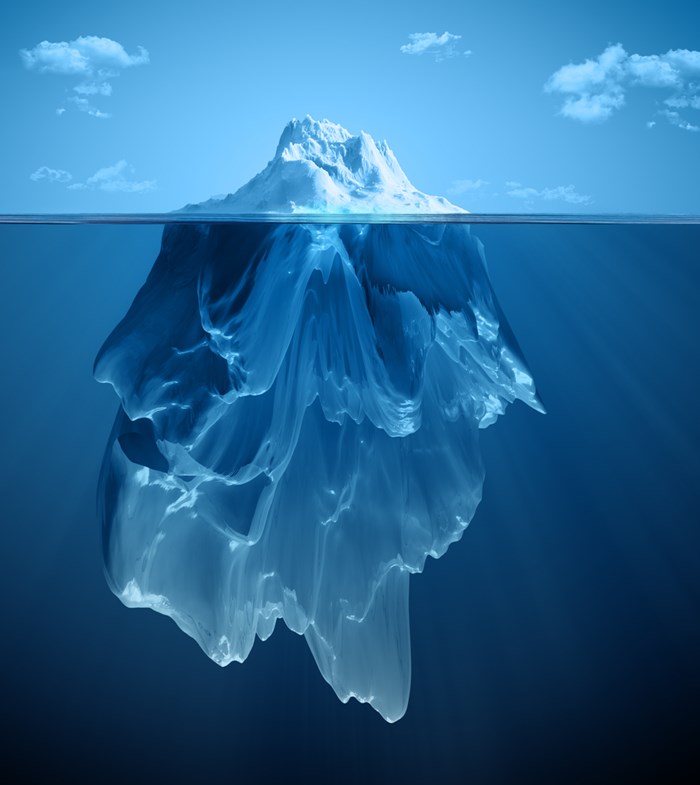

Infographic Chart Icon, Creative PPT element, five assorted-color line illustration, angle, 3D Computer Graphics, text png 1318x1439px 19.9KB.mount Everest art, Iceberg Cartoon, iceberg, blue, white, poster png 799x401px 109.79KB.Airplane Paper plane Paper model, airplane, angle, triangle, airplane png 1007x914px 148.67KB.Paper Banner, hand drawn origami labels, five assorted-color papers illustration, angle, label, text png 1021x1840px 29.84KB.The image has received over 150,000 views on Imgur, and an associated Reddit post in the subreddit /r/askreddit received 161 points (74% upvoted). In the visible part of the iceberg are the logos for many popular websites which are easily accessible via Google or URL, while below the waterline were different types of websites that were only accessible by those who can access the deep web. The earliest known example of the iceberg metaphor being used as a parody image was uploaded to Imgur on May 31st, 2011, although it probably dates from sometime earlier than that. Hall created the "Cultural Iceberg Model" as a way to discuss cultural differences. Sigmund Freud used an iceberg metaphor to describe the relationship between the conscious and unconscious mind, and another academic named Edward T. It is unknown where the iceberg metaphor originates from in general usage.

The image of the iceberg is typically used as an exploitable meme format with object labeling captions added in descending order the deeper you go.

These parodies are often used in the context of imageboards like 4chan to ridicule outsiders, but they have also spread to fandoms. Iceberg Tiers Parodies are usually images of an iceberg, captioned humorously so as to convey that the tip of the iceberg is the summation of the knowledge of most people, while the much larger submerged part of the iceberg is the sum of all knowledge of a particular topic. hall, sigmund freud, enfdude, morbo's world, iceberg memes, iceberg meme, chart, parodies, ice berg list, object labeling, image macros 4chan, mu, dark web, onion chan, iceberg metaphor, edward t.


 0 kommentar(er)
0 kommentar(er)
